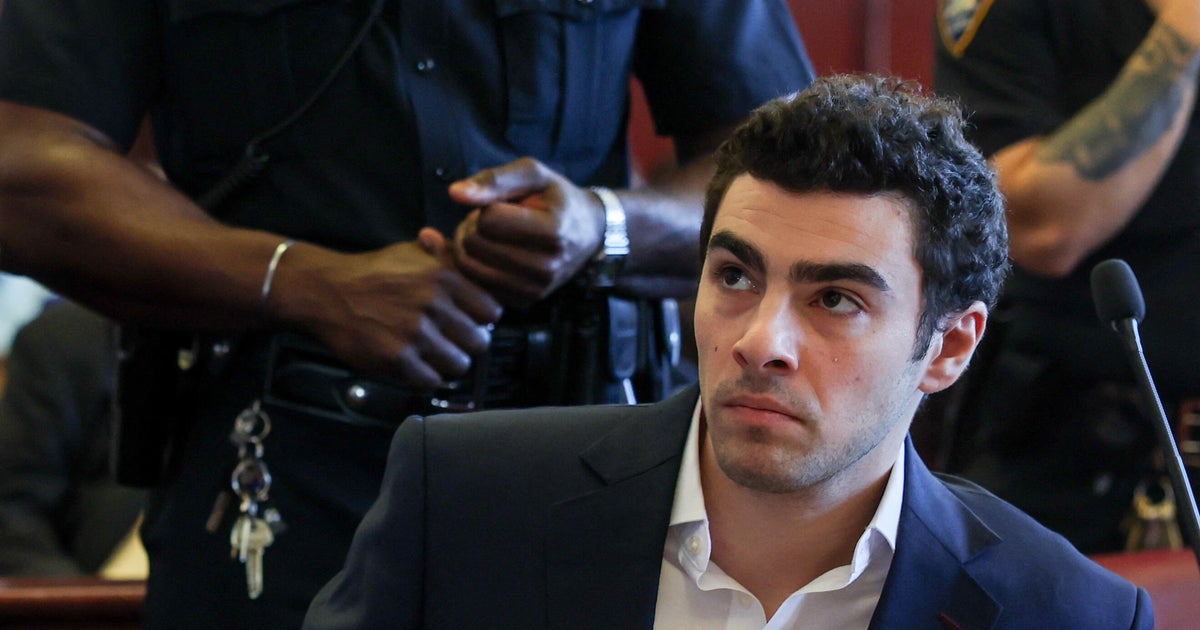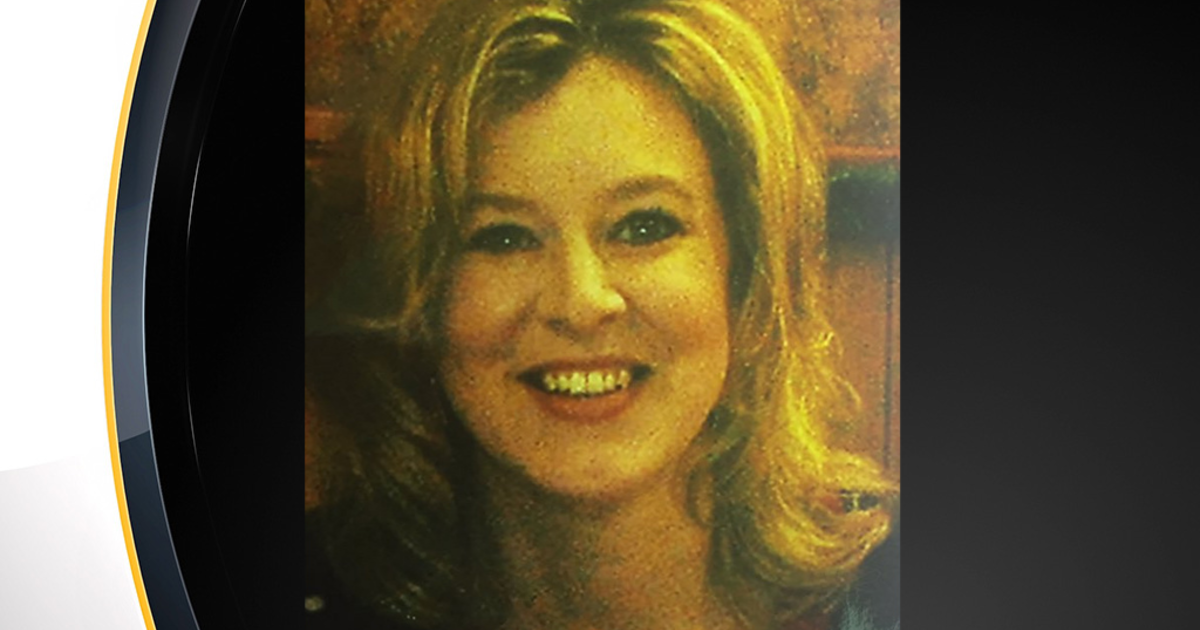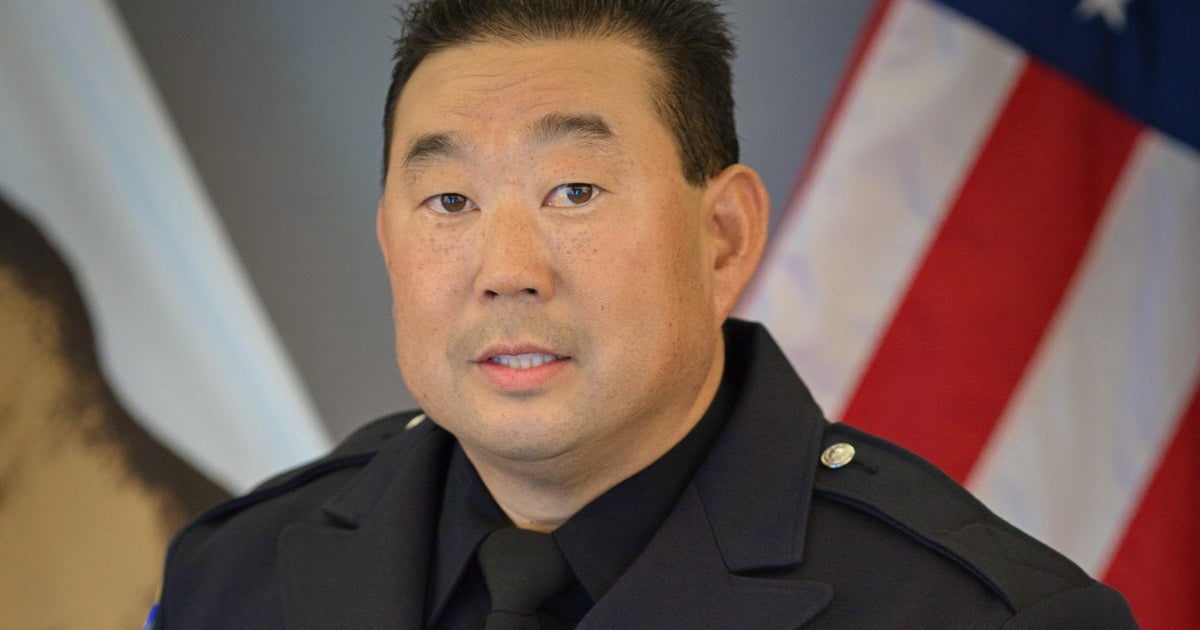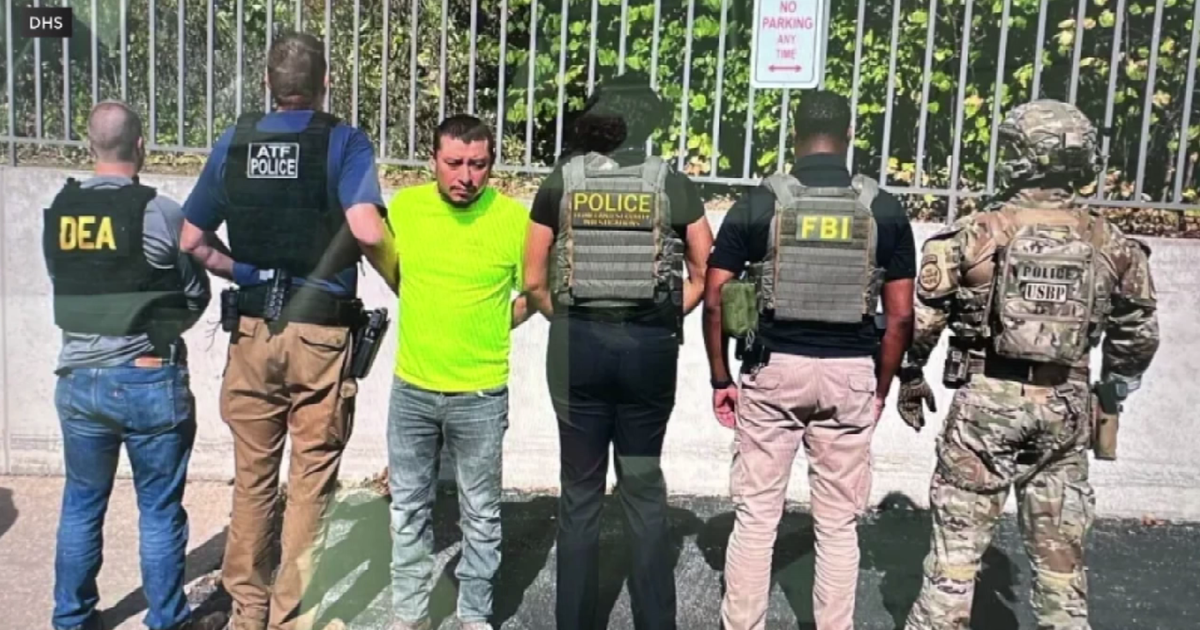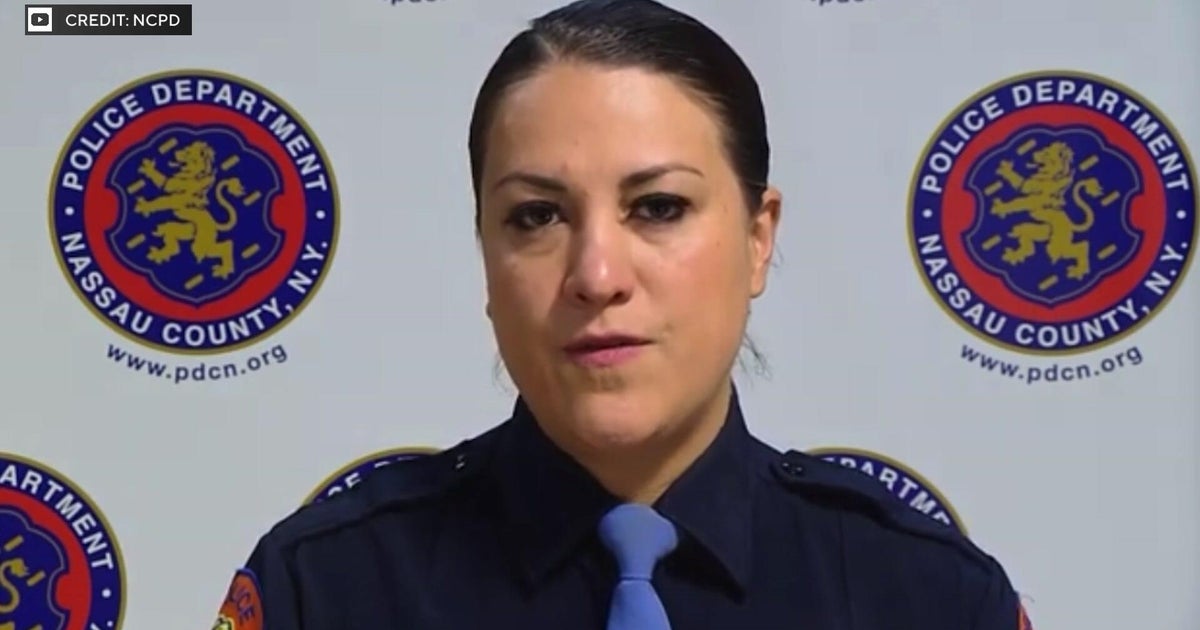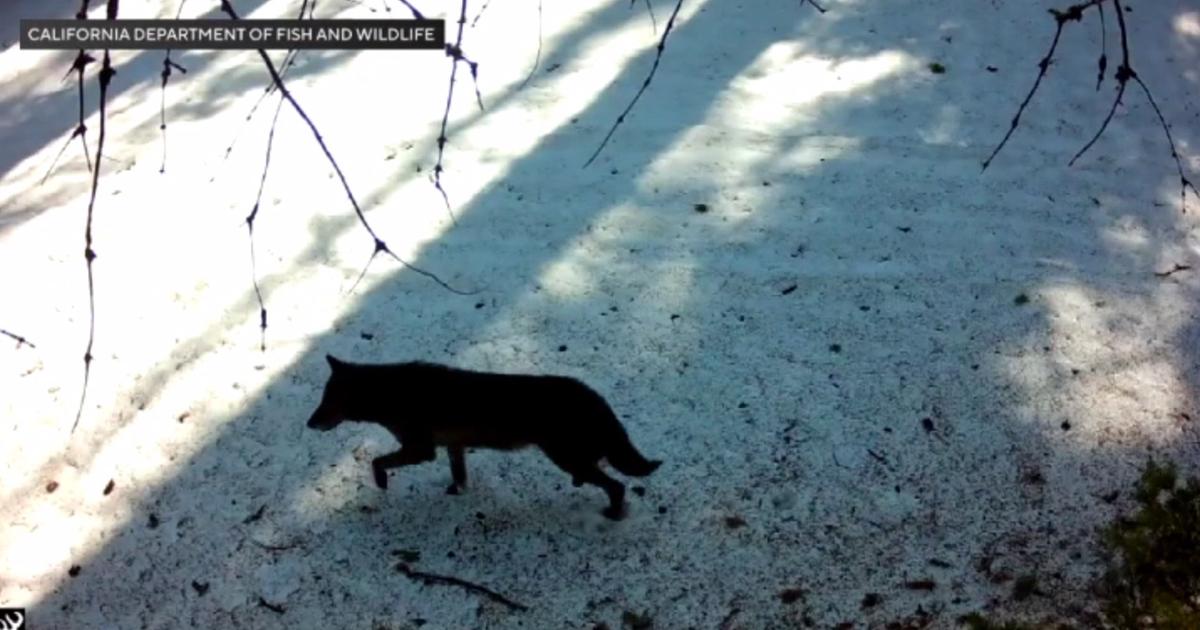Final Arguments Over In Kaufman Murder Trial
Follow CBSDFW.COM: Facebook | Twitter
ROCKWALL (CBSDFW.COM) - Prosecutors and defense lawyers for Eric Williams made their final arguments on Thursday morning in the trial for the murders that shook Kaufman County residents to their core. The courtroom was packed for the concluding statements.
The jury is now considering the legal avalanche of evidence against Williams, and whether he should be convicted of murdering Kaufman County District Attorney Mike McLelland and his wife, Cynthia McLelland. Many people expect that the jury will return their verdict on Thursday as well.
The judge has announced that the punishment phase of the trial will begin on Monday morning.
During the punishment phase, it is expected that prosecutors will tell jurors that Williams also murdered McLelland's top assistant district attorney, Mark Hasse, in January 2013, two months before the McLelland killings. Williams is not being prosecuted for Hasse's murder, but legal analysts said that it could be mentioned during the punishment phase of the trial.
It is also expected that Williams' estranged wife, Kim Williams, will testify against him. Kim Williams is also charged in the three murders, but prosecutors have not set a date for her trial and have not said whether she too will face the death penalty like Eric Williams.
Several months ago in open court, prosecutor Bill Wirskye told the judge that he has not offered Kim Williams a deal of any kind.
Legal analysts expect Williams' lawyers to put on a defense during the punishment phase of the trial, in an attempt to save Williams' life and keep him from receiving the death penalty. On Wednesday afternoon, Williams stood up and told the judge that he would not take the witness stand in his own defense. His lead attorney, Matthew Seymour, rested without putting a single witness on the stand.
However, during closing statements on Thursday, Seymour told jurors that there is no direct evidence linking Williams to the killings at the McLelland home. "Eric Williams did not commit these murders," said Seymour. "How do we know that? There's not one single piece of biometric evidence that ties Eric to the McLelland house. Not one fingerprint. Not one piece of DNA. Not one hair. Nothing."
Prosecutors on Wednesday afternoon wrapped up three days of testimony that have tied Williams to the murders of the McLellands in their home, early Saturday morning on Easter weekend in 2013.
Williams had motive, the prosecution said, because McLelland had previously prosecuted Williams for stealing county equipment. Williams was convicted then and lost his job as a justice of the peace. Prosecutors said that Williams spent months plotting the murders.
On Wednesday, prosecutors presented their final piece of evidence to the jury: a television interview Williams did after he was accused of gunning down the McLellands. During the interview shown to the jury, Williams said, "I've cooperated with law enforcement and I certainly wish them the best in bringing justice for this incredibly egregious act."
Earlier, prosecutors showed jurors surveillance video recorded about half an hour before the couple was killed. The video shows Williams' pickup truck arriving at his shed at the Gibsons' storage facility in Seagoville at 6:00 a.m. on Saturday, March 30, and then his white Crown Victoria leaving right after. Video from other businesses show Williams' Crown Victoria driving closer to the McLelland home.
Prosecutors said that Williams killed the McLellands at 6:40 a.m. and used the Crown Victoria as the getaway vehicle. At around 7:00 a.m., surveillance video shows the Crown Victoria returning to the storage facility in Seagoville.
"Eric Williams enters the house and, when he enters that house, he becomes and efficient, effective, ruthless killing machine," said prosecutor Toby Shook. "We know he begins firing right when he steps into the doorway."
Prosecutors showed jurors Williams' fingerprints on the Crown Victoria, and on an assault rifle that has similar cartridges to those found at the McLelland home. While investigators did not recover the weapon Williams is accused of using to kill the McLellands, James Jeffress, a ballistics expert with the Texas Department of Public Safety, testified Tuesday that they did find an unfired bullet inside of Williams' storage unit that came from the same gun as the bullets investigators found inside of the couple's home.
Barry Sorrels, a defense attorney who has tried death penalty cases, is observing the trial in the courtroom. "The forensics evidence has been overwhelming, linking Eric Williams to Cynthia McLelland, the McLellands' murders," he said. "The state has been methodical."
Thomas White, a forensic chemist with the Texas DPS, testified Wednesday that Williams still had gun residue on his hands at 10:30 p.m. on the night of the murders -- 16 hours after he has been accused of murdering the McLellands. Investigators found Cynthia McLelland's body with eight bullet wounds, while Mike McLelland's body had 16 bullet wounds.
Steven Tippitt, a state trooper who is on the DPS dive team, testified that he found Williams' cell phone at the bottom of Lake Tawakoni near Highway 276 on March 5 of this year. He said that the water in the lake is murky, has zero visibility, and compared it to "chocolate milk."
While Williams did not take the witness stand on his own behalf, one of the lasting impressions jurors had is Williams' television interview, in which he addressed the McLellands' relatives. "I want to say my deepest condolences go out to the McLelland family and all the people at the courthouse, most of which I know," Williams had said.
Follow Jack Fink On Twitter For Trial Updates: @cbs11jack
Latest News:
Top Trending:
